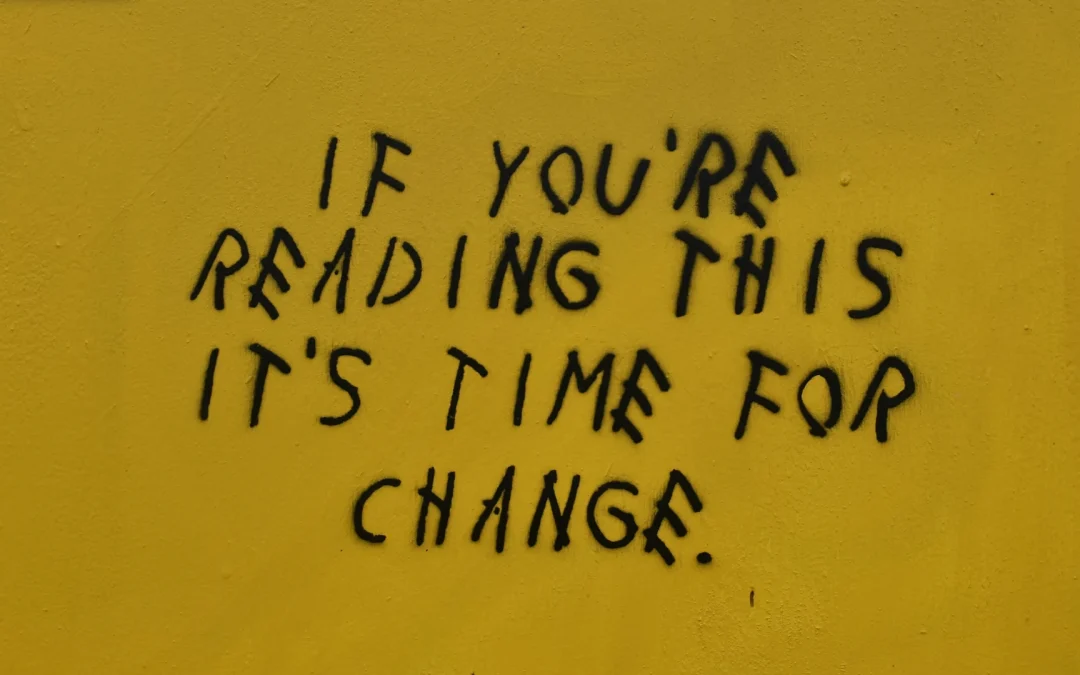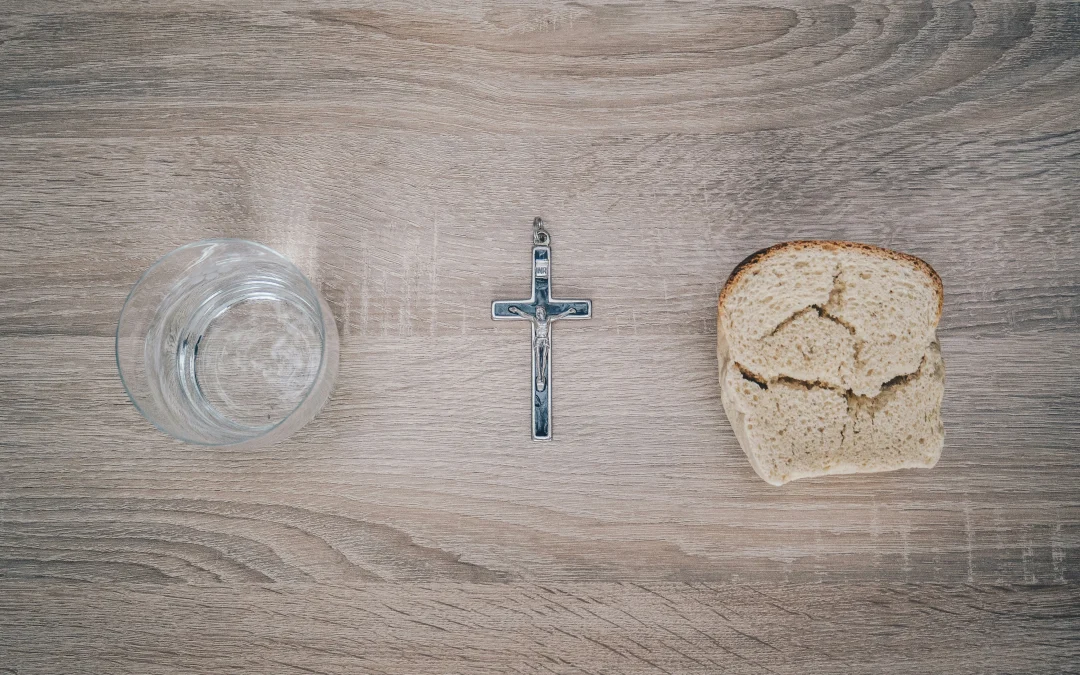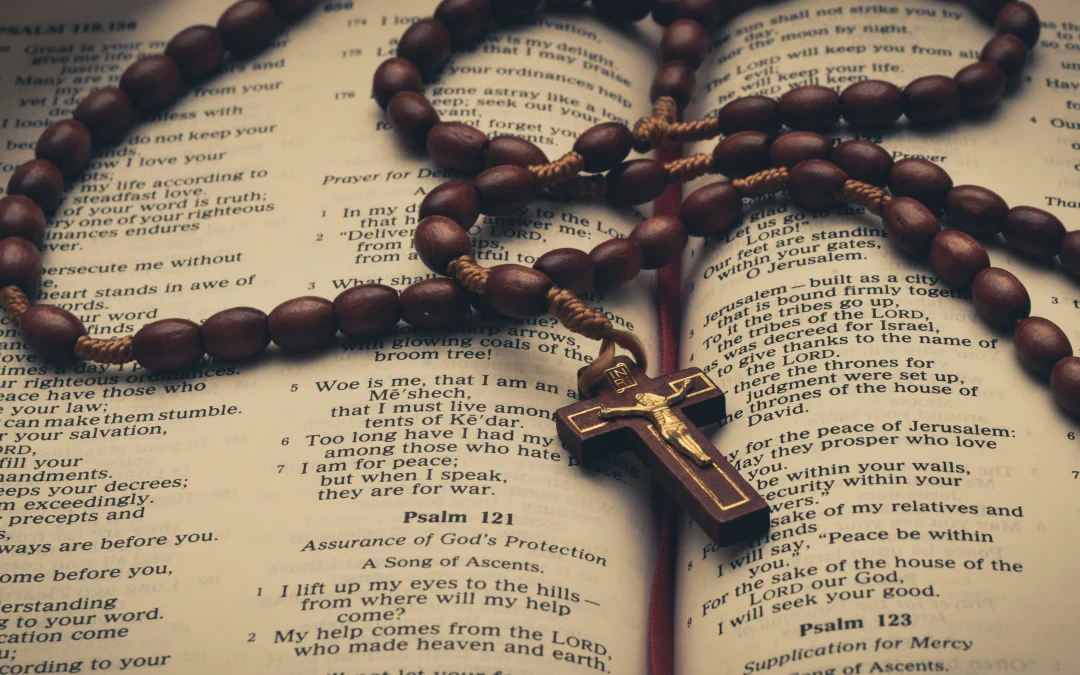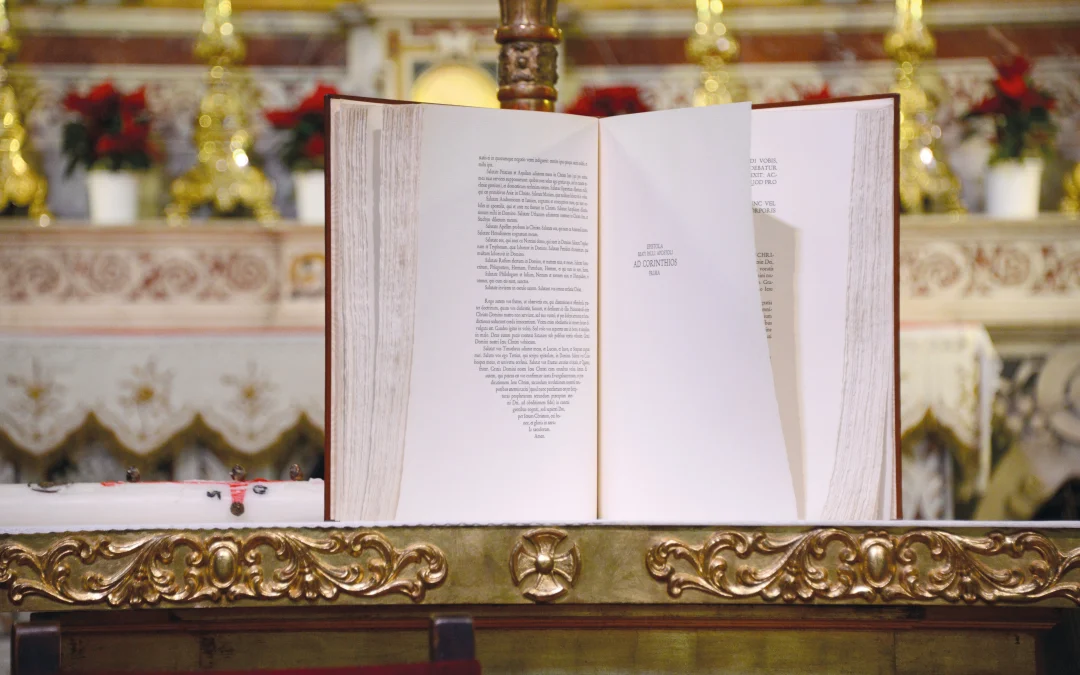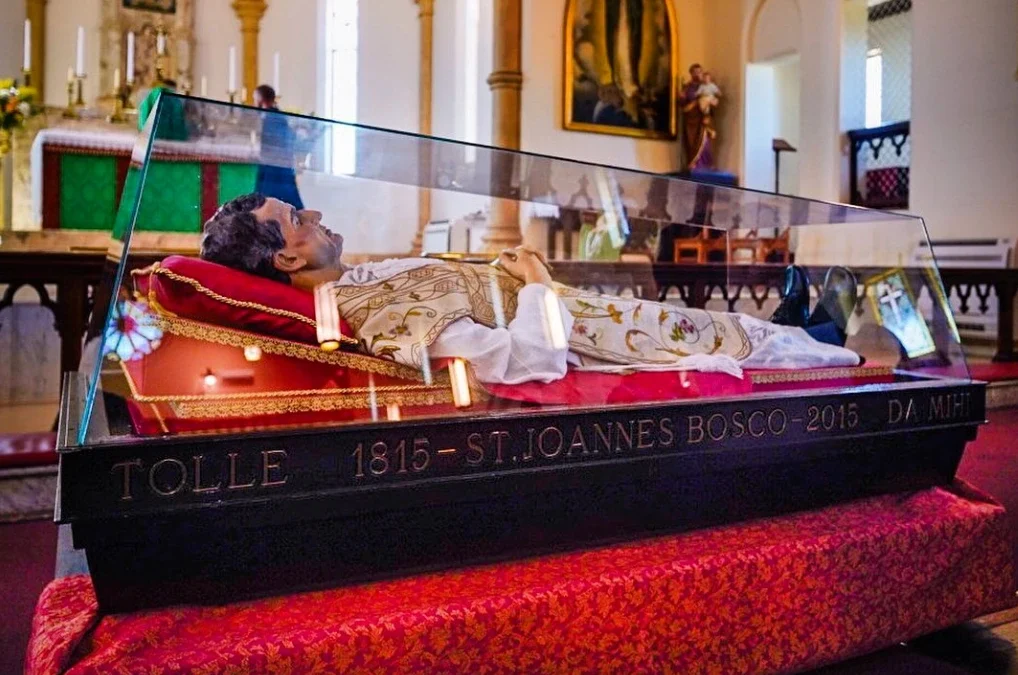I know the phrase “made in the image of God” gets tossed around a lot in Christian circles, but do we truly understand what it means or feel its weight in our lives? From the very beginning, we’re told, “God created man in his own image…male and female he created them” (Genesis 1:27). That one verse is the foundation of our dignity, and the Catechism lays it out for us: “The dignity of the human person is rooted in his creation in the image and likeness of God” (CCC 1700). This truth is not about appearance. It’s not about intellect, status, or worthiness. It’s about origin. It’s about being created on purpose, for a purpose.
We are made by Love – with the capacity to love, to reason, to choose, and to reflect the One who made us.
St. Catherine of Siena once asked in her writing, The Dialogue, “What made You establish man in so great a dignity?” and then answered her own question: “Surely the incalculable love by which You have looked on Your creature within Yourself!” That line has stayed with me, because I don’t always see myself that way. I forget that my worth isn’t found in what I do, how I look, or how well I manage to keep it all together. I forget that being made in the Imago Dei is less about achieving something and more about receiving something.
The Catechism also says that “The Divine Image is present in every man. It shines forth in the Communion of Persons, in the likeness of the unity of the Divine Persons among Themselves” (CCC 1702). We’re not only made to look like God, but we’re made to live like Him. In relationship. In love. In communion. That means every time we forgive someone, every time we choose kindness over malice, every time we tell the truth when it would be easier to lie…we’re reflecting the image of God.
A Father’s Gentle Reminder
In February, Pope Francis wrote to the US Bishops and put it plainly: “Jesus Christ, loving everyone with a universal love, educates us in the permanent recognition of the dignity of every human being, without exception.”
That last phrase, “without exception,” is what stuck with me. It’s so easy to speak of dignity in theory, but it feels so hard to live it out in reality. It’s definitely not so easy when we’re faced with someone who challenges us, disagrees with us, or makes us uncomfortable. But if Christ’s love is universal, then our recognition of each person as made in the image of God must be universal as well. No caveats. No categories. No exceptions.
That phrase “without exception” has been sitting with me for days. I believe it. I teach it. I’ve built my life and ministry around it. And yet, if I’m being completely honest, the person whose dignity I struggle most to recognize most? My own. I seem to have no problem seeing the beauty and worth in others. I can recognize someone’s spiritual gifts from across the room. I light up when a child asks a good question or when a tired mom makes it to Mass with her toddler in tow. I deeply believe that every person is made for relationship, that every story matters, and that every soul bears the image of God.
Somewhere deep inside, I fall for the lie that this grace doesn’t apply to me. Why do I hold myself to impossible standards? Why do I measure my own worth by how much I get done, how much I give, or how well I manage to hold everything together? Why is it so easy to forget that I bear that same image? Without exception.
And if I’m not careful, the blind spot extends to the people closest to me. It’s strange, isn’t it? How can we treat the cashier at the grocery store with more kindness than we do our spouse or children? How can we offer the benefit of the doubt to strangers, but snap at the ones we love when they fall short? I’ve done it more times than I’d like to admit. I say I believe in the dignity of others, but I don’t always act like it when I’m frustrated or tired. Recognizing someone’s dignity shouldn’t just be a belief – it’s an action – how we respond to their voice, their needs, their presence. And when I fail to do that in my own home, it humbles me. It reminds me how much work I have left to do and grace I have left to receive.
Injustice makes something in me rise up and, at times, makes me so angry. I want to fix it and defend the ones no one sees. But lately, I’ve realized that this call to justice doesn’t always mean marching or making statements. Sometimes it looks like pausing before I speak. Sometimes it means listening to truly hear what is being said – not just to respond. Sometimes it means seeing my husband not just as the man I’ve lived with for 27 years, but as a child of God whose dignity deserves to be honored, even on the days I don’t feel very loving. Maybe especially on those days.
Living as Imago Dei isn’t just about believing that we are made in God’s image, it’s about allowing that truth to transform the way we see ourselves, the way we see each other, and the way we live.
It’s not easy. It takes practice. But, maybe we start small. We could begin by recognizing that the image of God is not just present in the stranger, but in our spouse, our child, our sibling, and yes, even in the mirror. Maybe we ask the Holy Spirit to help us respond to that image with more gentleness, more reverence, and more love. And maybe, when we inevitably fall short, we remember that the dignity God gives is not something we can earn or lose. It is simply given. Freely. Without exception.
Image:Photo by Aditya Romansa on Unsplash


